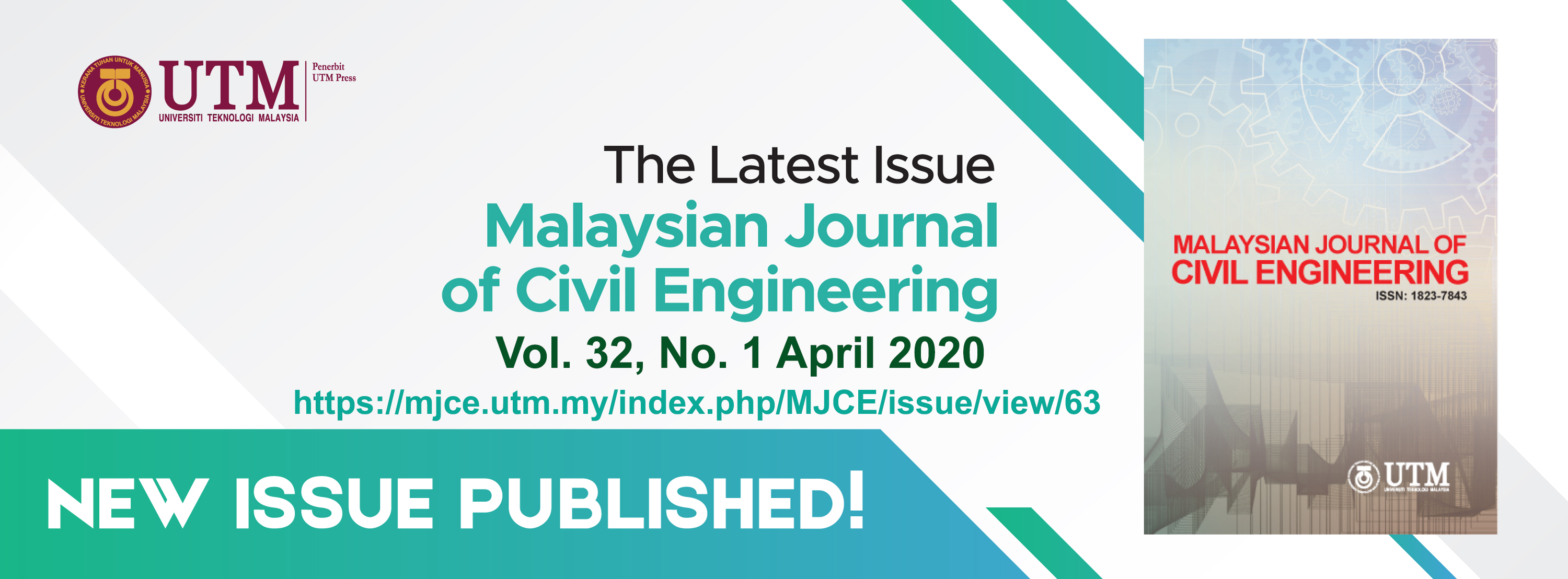ENDORSEMENT OF SUSTAINABLE DEVELOPMENT GOALS (SDGs) IN ENERGY-RESEARCH SECTOR
DOI:
https://doi.org/10.11113/mjce.v32.16183Keywords:
Roadmap to 2050, TWI 2050, SDGs, Decarbonisation, Energy, EnvironmentAbstract
The renewable energy industry is instrumental to the achievement of all of the Sustainable Development Goals (SDGs). Given the urgency and scale at which renewables must be deployed to meet the world’s sustainable development and climate goals, it is critical that the industry understand its potential impact on all of the SDGs [McCollum et al., 2019]. This mini revision of energy and its relationship with Sustainable Development Goals (SDGs) is mainly towards the agenda of Decarbonize by Mid-Century, Roadmap to 2050, as the aspiration of the “The World in 2050†(TWI 2050), which transformational of six exemplary to achieve SDGs in long-term period [Stanford et al., 2017]. The Roadmap 2050 dreams for six pillars, which are (1) Zero-Carbon electricity, (2) Electrification of end users, (3) Green Synthetic Fuels, (4) Smart Power Grids, (5) Material Efficiency, and (6) Sustainable Land-use. This pillar is only emphasizing the most intensified sectors that could threaten future society, which are Power, Industry, Transportation and Buildings [Khanna et al., 2019]. However, this update only describes the most related topic on Energy (or Power) as the subject matter. Currently, the recent attention of the common energy sector is to promote the Energy Efficiency Index (EEI), minimizing the coal-fuel or fossil-fuel burning system in energy and transportation sectors, and implementing the Renewable Energy initiatives [Anderson et al., 2018]. SDGs and all impose materials (indicator, measurement, impact and outcome) is not only strategize to make further improvement in life and planet, but beyond the prosperity of humanity in the future with the emphasize of “No One Left Behindâ€. Energy-research based is the contemporary engagement with Higher Education Institutions (HEIs), industry-driven, community translational project and government policy. The aims of this interesting topic are concurrent with the ASEAN Renewable and Energy Roadmap under the Science, Technology and Innovation (STI) for the agenda 2030. Therefore, the initiative by “The Hitachi Global Foundation†is recruiting more youth program in the assessment of “promoting of academic research, science and technology†since 2015 for the purpose of pioneering research in society [Hitachi report, 2019]. One of the important enabling sustainability activity is “Energy, Environment†as the contribution to the international community and provide solution to the various issues and challenges. Any research related to the energy will bring back the concepts of SDGs, which combining the 5Ps (Prosperity, People, Partnership, Peace and Planet). Numbers of researchers participating the utmost inspiring “research and empowerment of society†program is being selected based on scientific knowledge, creativity and contribution to the publics. One of the global outcome is a similar targeted by “Roadmap to 2050â€, with the clause supporting the R&D activities that should aims for continuous process of decarbonisation society and lock-in the solution in long run. Thus, as one of the influential contribution in the roadmap and TWI 2050, The Global Hitachi Foundation is a one step ahead to engage more researchers in the SDGs implementation.
References
McCollum, D. L., Zhou, W., Bertram, C., De Boer, H. S., Bosetti, V., Busch, S., and Fricko, O. 2018. Energy investment needs for fulfilling the Paris Agreement and achieving the Sustainable Development Goals. Nature Energy. 3(7): 589.
Stafford-Smith, M., Griggs, D., Gaffney, O., Ullah, F., Reyers, B., Kanie, N., and O’Connell, D. 2017. Integration: the key to implementing the Sustainable Development Goals. Sustainability Science. 12(6): 911-919.
Khanna, N., Fridley, D., Zhou, N., Karali, N., Zhang, J., and Feng, W. 2019. Energy and CO2 implications of decarbonization strategies for China beyond efficiency: Modeling 2050 maximum renewable resources and accelerated electrification impacts. Applied energy. 242: 12-26.
Andersson, E., Arfwidsson, O., and Thollander, P. 2018. Benchmarking energy performance of industrial small and medium-sized enterprises using an energy efficiency index: Results based on an energy audit policy program. Journal of cleaner production. 182: 883-895.
Hitachi report, 2019. http://www.hitachi-zaidan.net/global/activities/kurata.html.
















